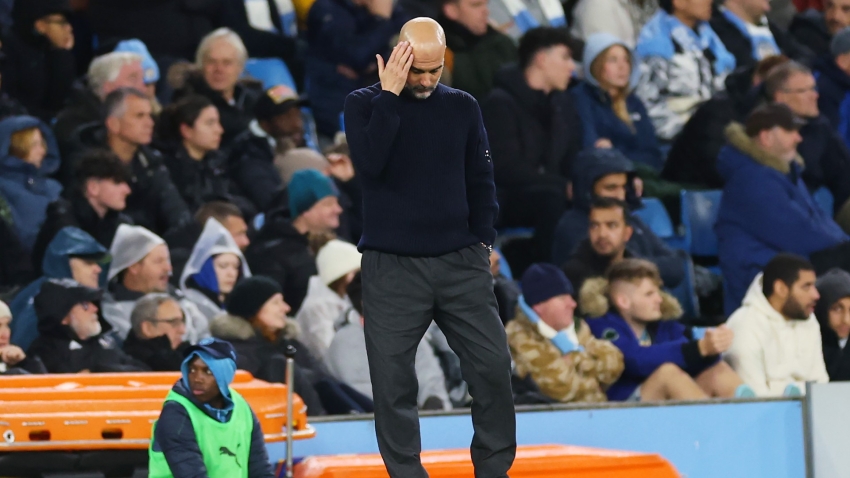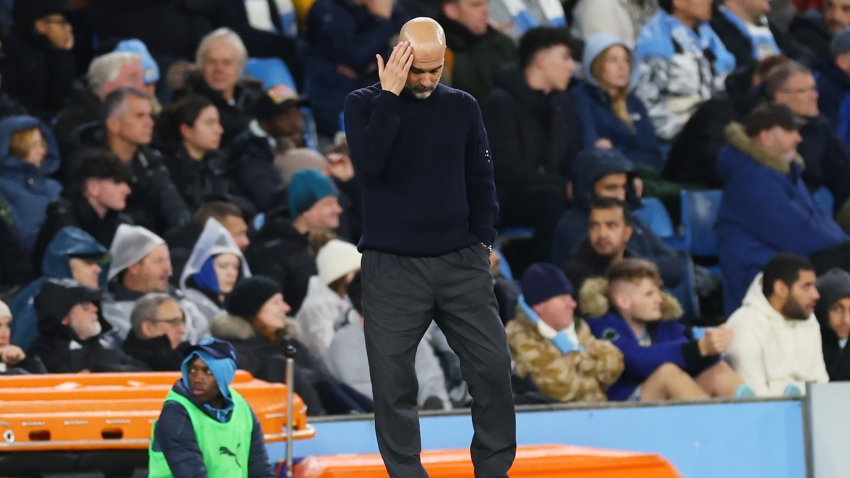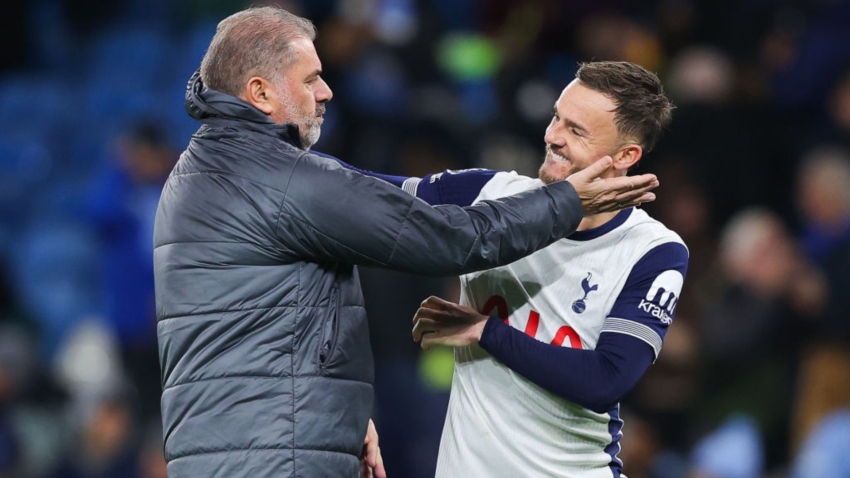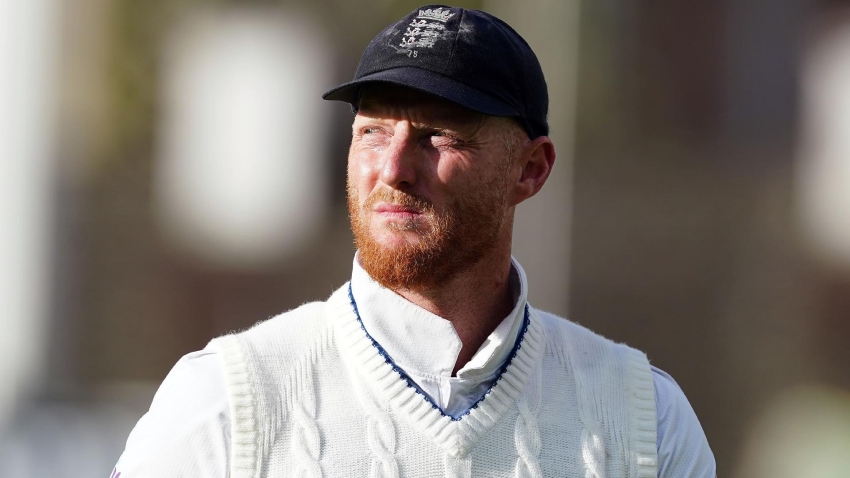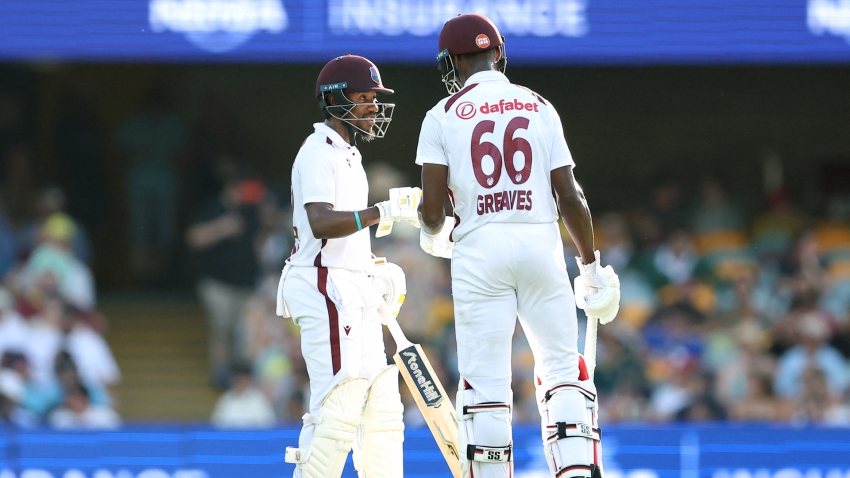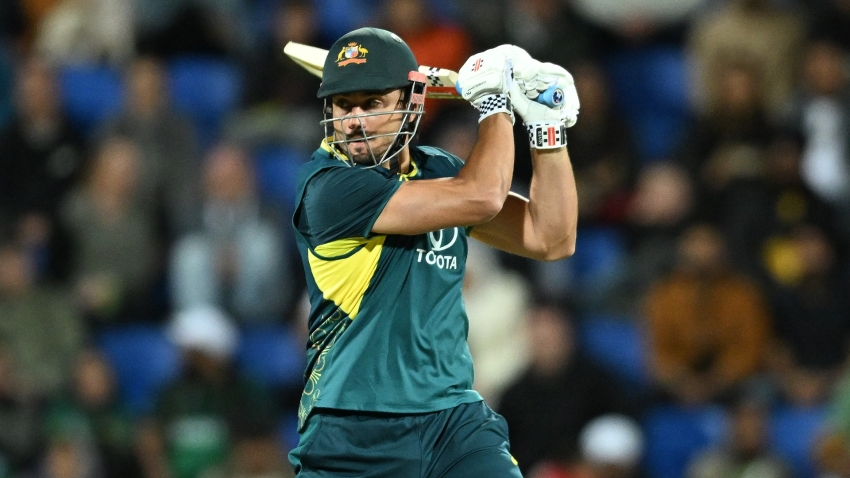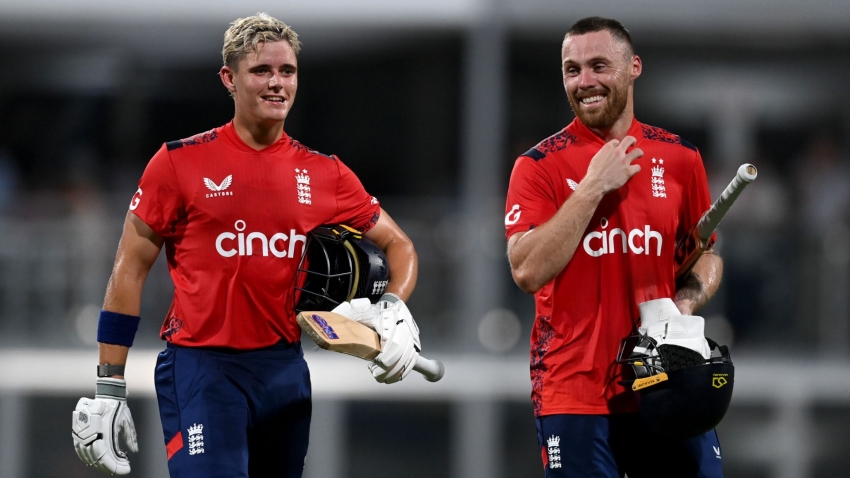England are confident Ben Stokes remains “100 per cent committed” to international cricket, despite turning down a three-year central contract in favour of a 12-month extension.
The England and Wales Cricket Board has introduced multi-year deals for the first time in a bid to guard against the growing influence of franchise leagues but Test captain Stokes has rejected an offer that would have tied him in until autumn 2026.
Instead of taking the long-term security of an offer that would have been worth in the region of £3million – no small matter given his fitness issues in recent times – he has agreed another annual retainer and plans to renegotiate again next year.
Director of men’s cricket Rob Key, who has overseen the revamped system, is relaxed about the decision and believes Stokes is merely gambling on raising his future value at the bargaining table.
“Ben was offered three, but he’s actually turned around now and said: ‘No, I think I’ll be in a stronger position next year’,” explained Key.
“You might have more power if you have a good year to negotiate what you want. But he’s 100 per cent committed to playing for England, so I wouldn’t read into it the fact he signed one year that he’s not.
“By no means is it Ben Stokes saying: ‘I don’t want to play for England’. All he talks about is being completely committed to playing for England and also captaining that Test team – planning for India, planning for the Ashes, planning for West Indies and Sri Lanka next summer. I don’t think it has crossed his mind not playing for England for the next four, five, six years.”
A total of six three-year deals were offered – with Joe Root, Harry Brook and Mark Wood signing up, while white-ball captain Jos Buttler and injured seamer Jofra Archer have gone for a middle ground by taking two-year options.
There are 26 deals in all, spanning the age range from 19-year-old Rehan Ahmed to 41-year-old James Anderson. Fifteen are on two-year options, with eight on traditional 12-month terms and top-up payments handed to seam trio Matthew Fisher, Saqib Mahmood and the uncapped John Turner.
Nobody has refused to sign, but several may have been disappointed not to make the cut. David Willey is the only member of the World Cup squad in India not to make the list, highly-rated all-rounder Will Jacks was also omitted despite being capped in all three formats over the last year and Jason Roy is out after terminating the remainder of his previous deal to play Major League Cricket in the United States last summer.
Key was speaking in Bengaluru, where England will be hoping to boost a dreadful World Cup campaign with victory over Sri Lanka on Thursday, and admitted having a tough conversation with Willey.
“It’s fair to say David wasn’t best pleased, as you can understand, being the only one out here not to get a contract,” he said.
“It’s bloody tough, to be honest. We’d love to live in a world where you can just say we have a pot of extra cash and you can just give him something because he’s come out for the World Cup.”
Key believes the new raft of contracts have effectively safeguarded England’s interests at a time when the sports tectonic plates are shifting fast.
The spending power of the biggest Indian-backed T20 brands means international boards are struggling to compete and there has been a real fear at the ECB that its most prized assets could be lured away from the national set-up entirely.
“You don’t know what the future holds with franchise cricket; you don’t know when the first year-long deal for an English cricketer is going to be offered from a franchise,” he said.
“So I’m pretty pleased because I think for the first time in this changing landscape for cricket we start to see what players really think and what they really do. And we’ve seen that everyone’s committed to English cricket.
“I don’t want a world where you see your best players going off and (only) playing franchise cricket. I want to see them playing for England.”
Three-year deals:
H Brook, J Root, M Wood.
Two-year deals:
R Ahmed, J Archer, G Atkinson, J Bairstow, J Buttler, B Carse, Z Crawley, S Curran, B Duckett, L Livingstone, O Pope, M Potts, A Rashid, J Tongue, C Woakes.
One-year deals:
M Ali, J Anderson, B Foakes, J Leach, D Malan, O Robinson, B Stokes, R Topley.
Development deals:
M Fisher, S Mahmood, J Turner.









